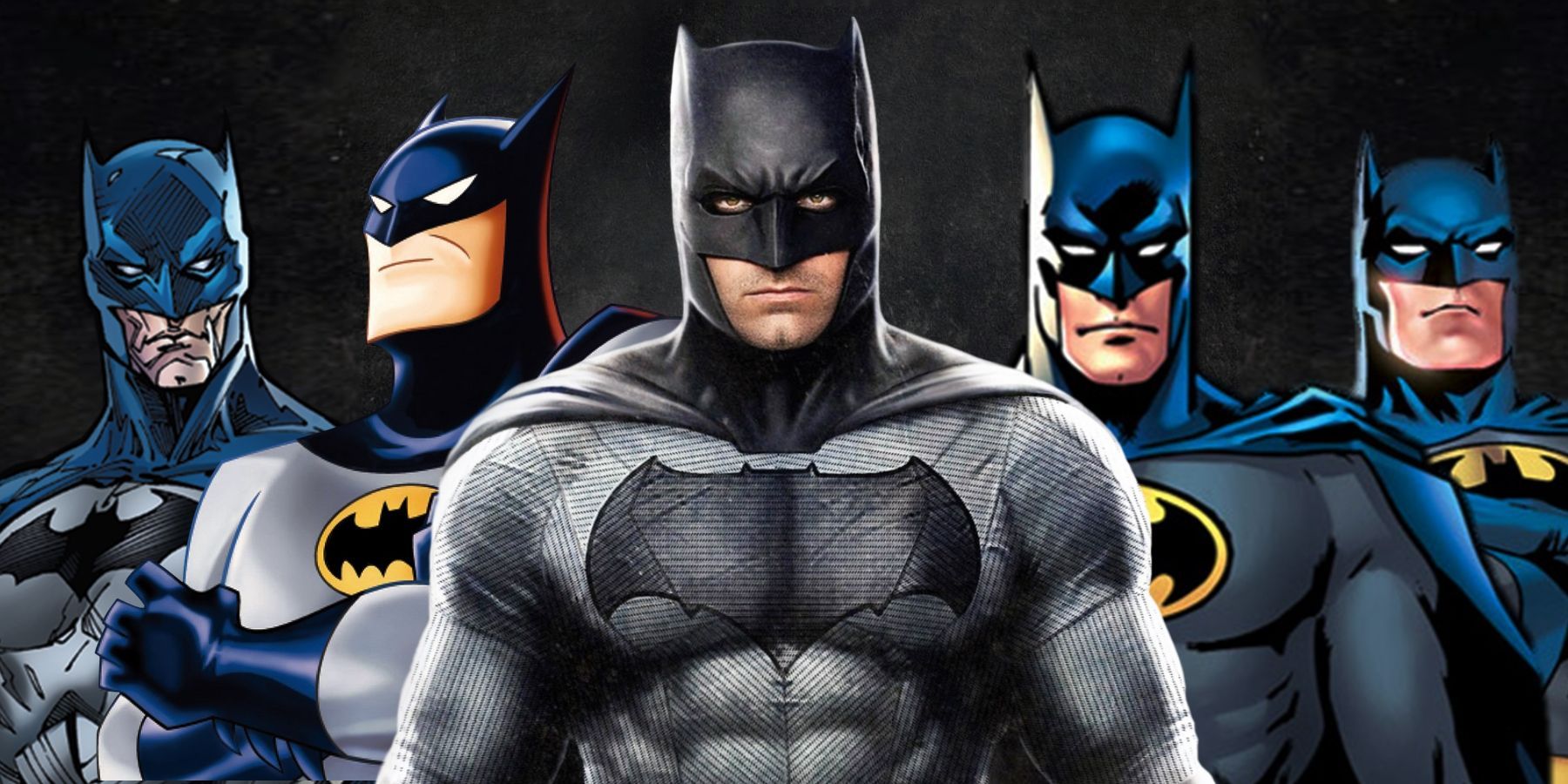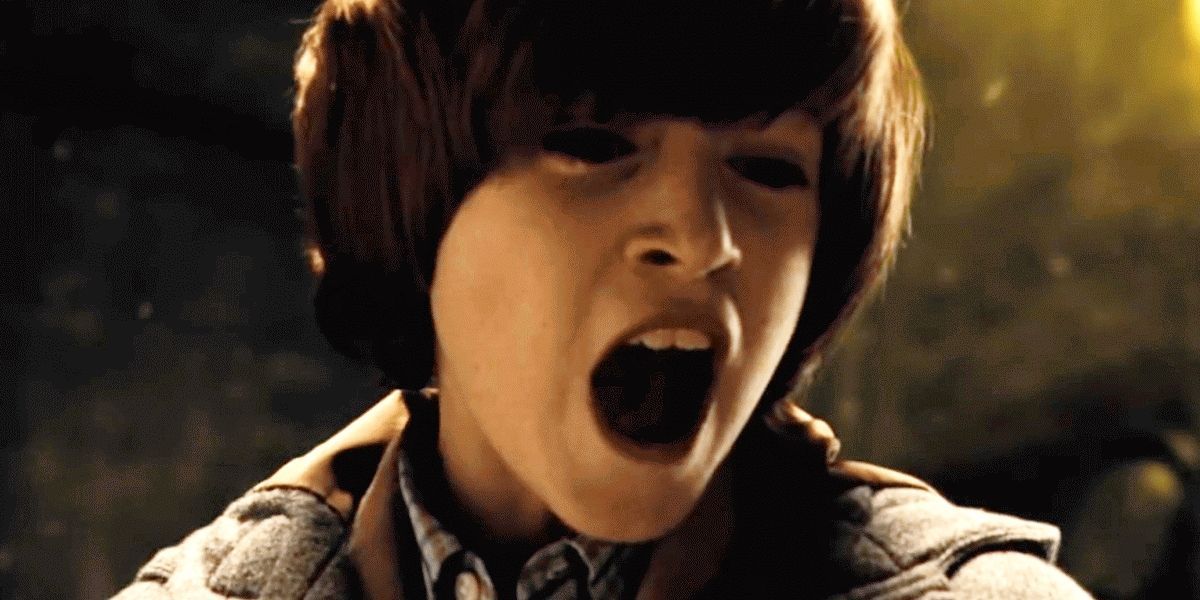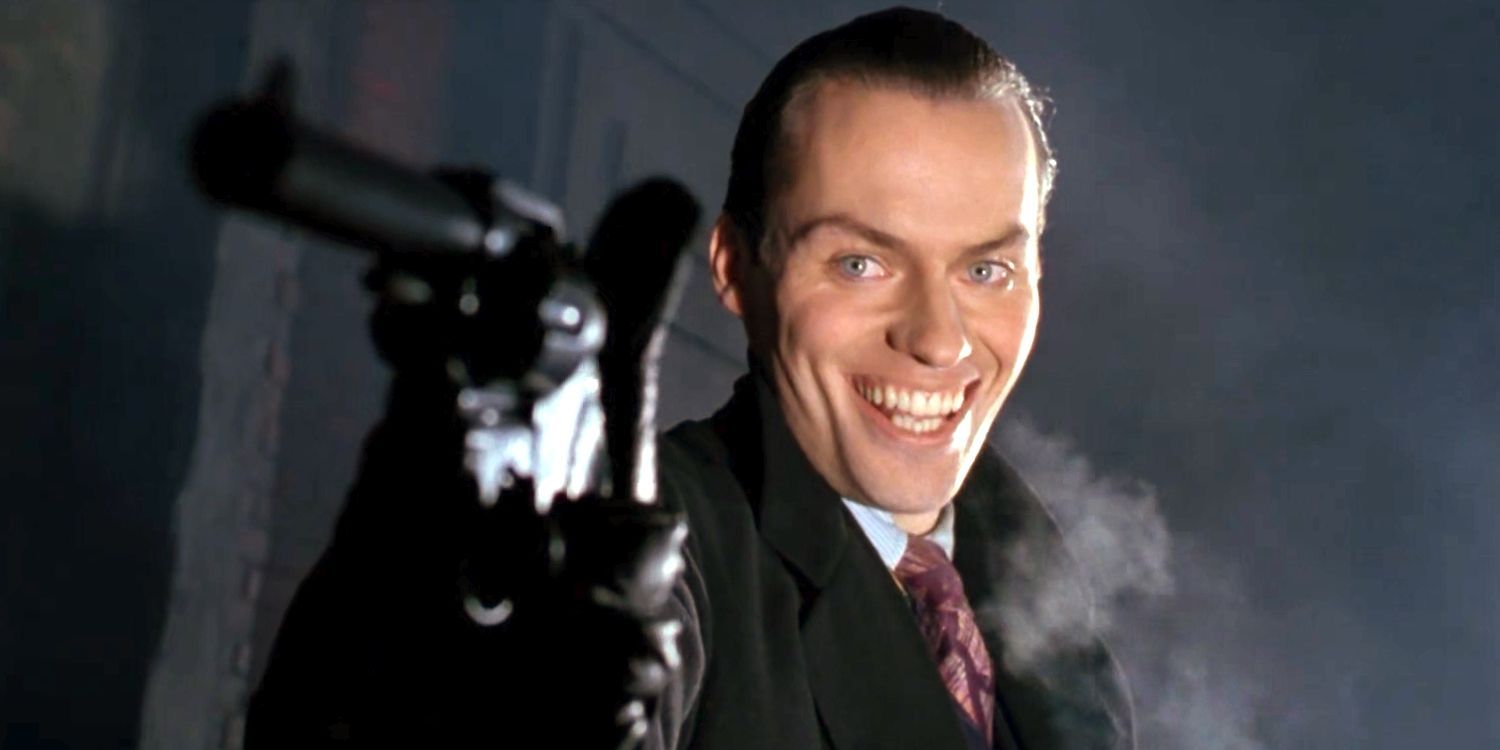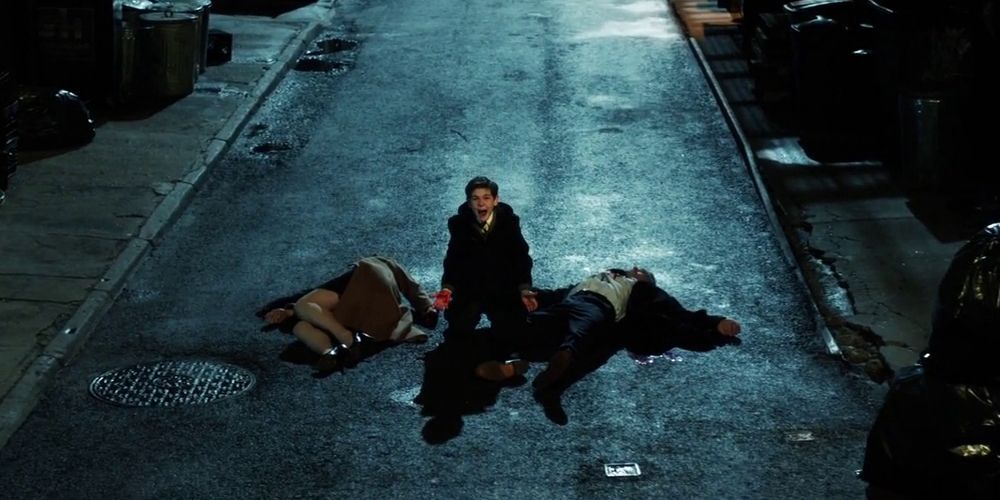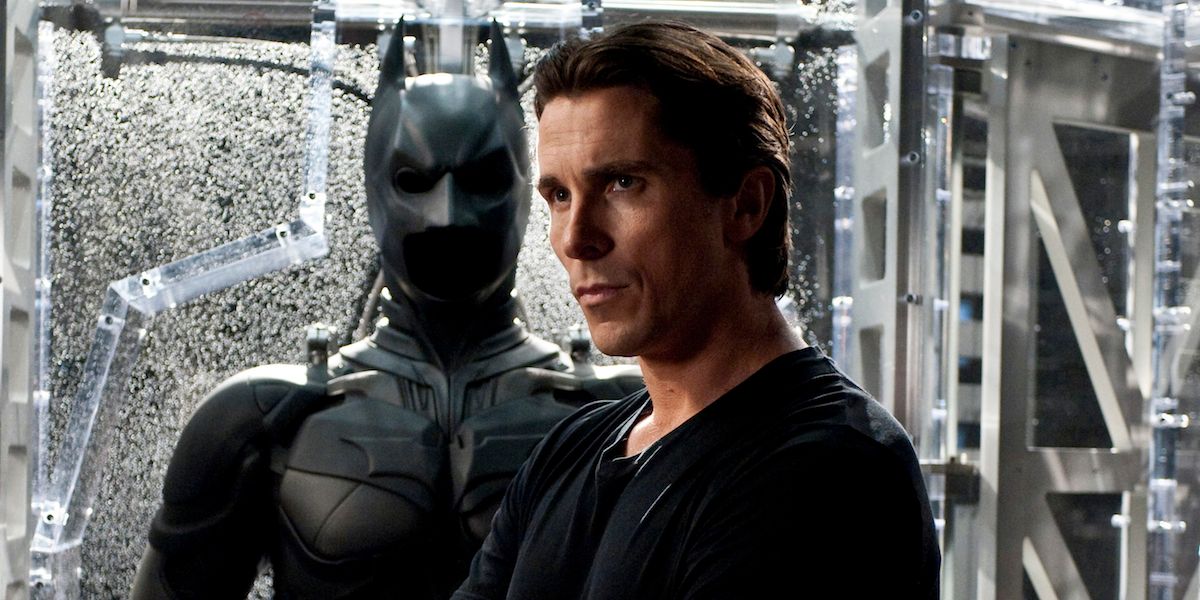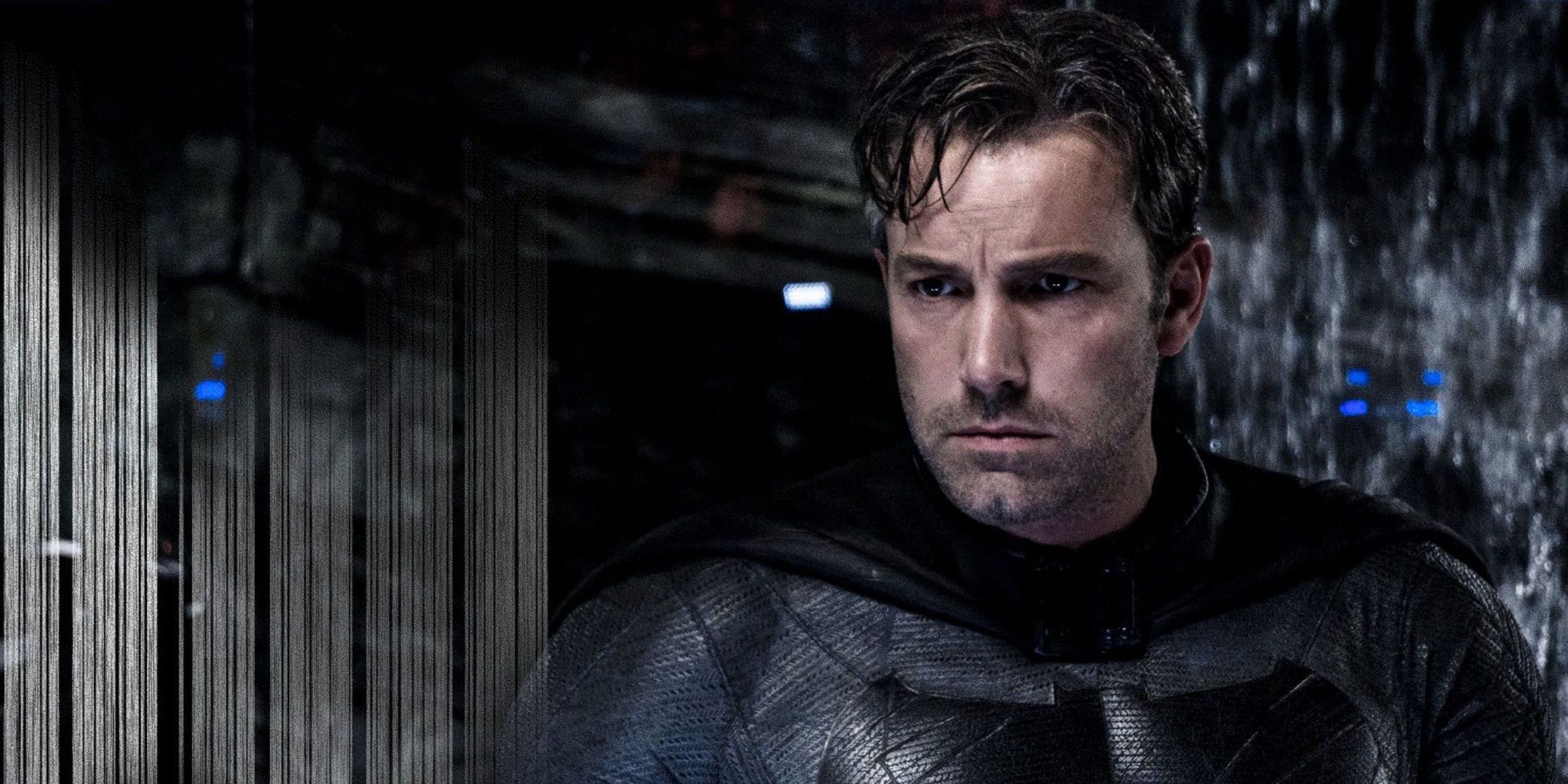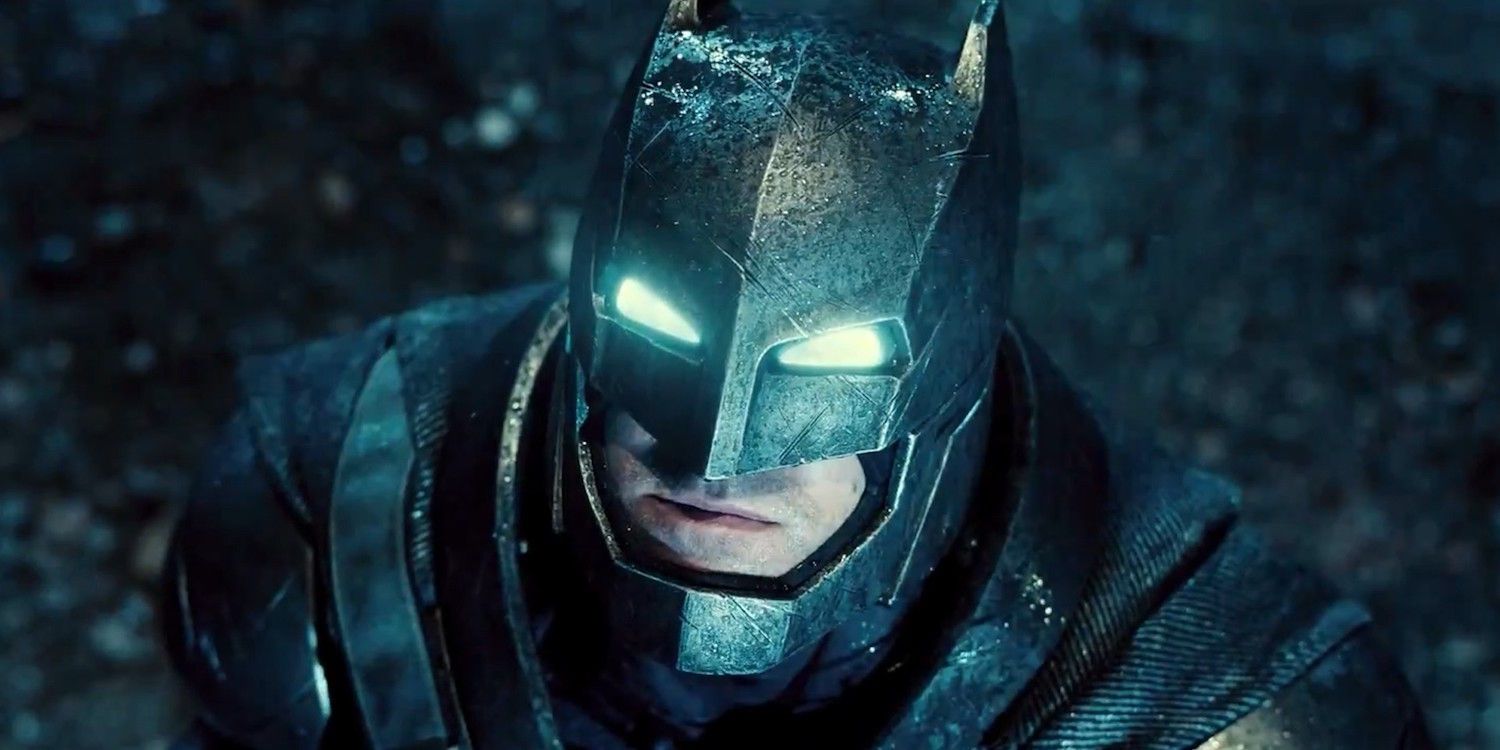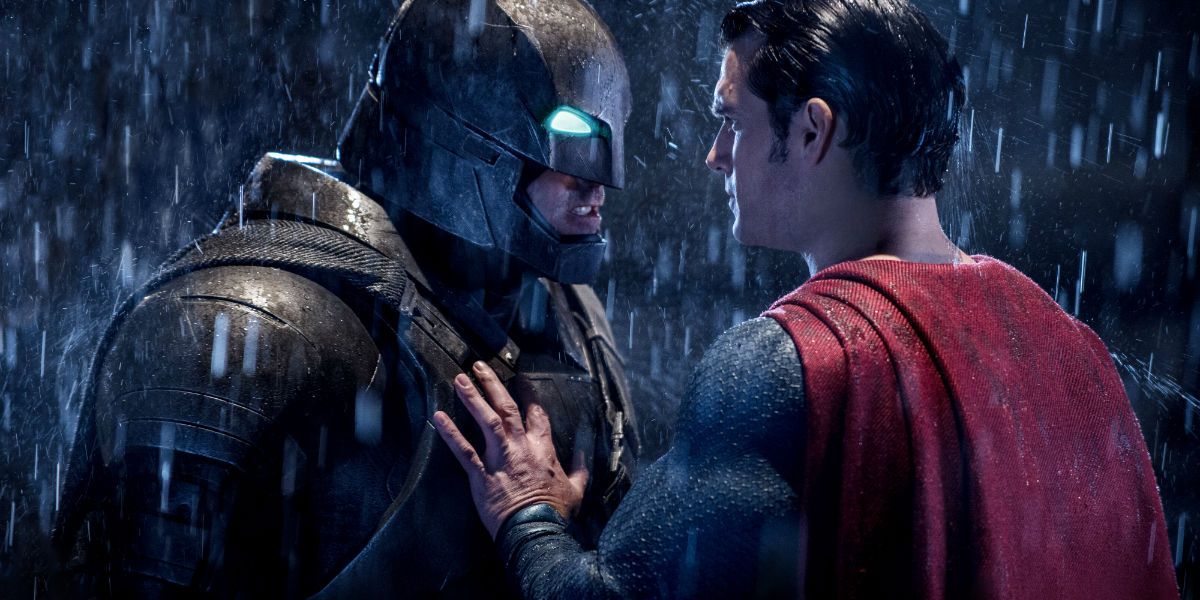He may not have been the first, but when it comes to box office power, DC Comics' big blue Boy Scout always seems to take a back seat to The Dark Knight. Of course, that doesn't mean that delivering a version of Batman to the big screen is a guaranteed success (something all too clear to George Clooney). But that was the past, and the age of a brand new Batman has arrived, thanks to the debut of Zack Snyder and star Ben Affleck's take on 'Bruce Wayne' in Batman V Superman: Dawn of Justice.
Although the original casting of Affleck in the role was met with one-liners, snarky punchlines, and even mainstream naysayers, we had a feeling it could lead to something special. Although Dawn of Justice didn't win over critics, Affleck was rarely, if ever, singled out as a shortcoming. But as comic fans, Batman fans, or just movie fans lined up to dissect and debate all of Zack Snyder's shortcomings, the chance to discuss what did work may have slipped by.
In our opinion, amidst all the bluster and hyperbole, fans seem to have overlooked one accomplishment few even recognized before the movie hit theaters - and even fewer would have believed could be achieved without the world taking notice. With Affleck under the cowl, and an entire cast and crew behind him, it's time we started talking about How Zack Snyder Finally Got The Batman Right.
It's possible that there is no superhero (or even fictional character) origin story as well known as that of Bruce Wayne. Honestly, ask the average westerner how Bruce Wayne's story begins, and they're likely to get the basic plot summary: a wealthy kid's parents are gunned down in front of him (cue the falling pearls), sending the boy on a lifelong mission to keep the same tragedy from happening to others.
It's because that scene is so played out that early reactions (even among our staff) viewed the casting of an older Batman as a cause for hope, since the origin wouldn't need to be revisited. Of course, it was as the film's opening title sequence (albeit perfectly recreating Frank Miller's version from "The Dark Knight Returns"). But by the time the film ends, the reason for its inclusion is clear: Zack Snyder intended to get right what so many filmmakers before had twisted, tweaked, or outright re-written for the sake of their story (and the comic book source material be damned).
It's as simple as a scene gets - after all, who couldn't believe that witnessing such a crime would forever scar a young boy - but despite it laying the foundation for one of the comic book medium's most iconic heroes, nearly every live-action Batman mastermind has seen fit to alter or fundamentally change the truth of the event. Few comic book films are as revered (or groundbreaking) as Tim Burton's Batman (1989), delivering one of the first proofs of concept that a 'superhero' movie can, and occasionally should be, a dark endeavor. And, as part of what won the diehard comic fans over to his side, the scene was included - as was Bruce's habit of honoring the location of his parents' death.
But in the interest of telling a neat, cyclical story, the gunman who pulled the trigger was revealed to actually be The Joker (Jack Nicholson), years before his transformation. It succeeded in giving Bruce a chance to find justice for his parents, with Joker's death also bringing emotional closure, if nothing else. But in the process, it completely undercut the core story and meaning of the Batman origin.
The death of Thomas and Martha Wayne may still have been random, but it was no longer meaningless: the killer would one day rise to threaten Gotham, and the boy he made an orphan would be there to stop him. Again, a heroic narrative - but having undergone some serious changes just to get there. Before fans gang up on Burton for so fundamentally changing the core reason for Batman's existence (as they no doubt would were the film released into today's online fan community), he's not the only person to ever be tempted to make such a modification.
More recently, Gotham creator Bruno Heller took the idea and ran even further with it, turning the formerly-totally-random-murder into a vast, shadowy, elaborate conspiracy to remove Thomas and Martha Wayne from Gotham's upper echelon of movers and shakers. The FOX TV series is still years away from seeing Bruce don the cape and cowl, but call it what you will - an alternate version and/or a re-imagining of the Caped Crusader's backstory - but it's making a significant change to creator Bob Kane and Bill Finger's original character (not to mention, the work of countless acclaimed comic writers who followed).
That isn't to accuse Heller or Burton of blaspheming a beloved character, since it's not even a difficult twist to understand: for the established, mainstream movie and TV audience, killing two pivotal characters in a meaningless scene, with a meaningless man at the trigger seems... well, meaningless. In reaction, they feel the need to inject meaning into it. The problem is: the meaningless-ness of the act is kind of the point.
Director Christopher Nolan and writer David S. Goyer knew as much, since they set out to put the emotional scars inflicted upon Bruce center stage in their Dark Knight trilogy. In Batman Begins, as in the comics continuity, mugger/low-level criminal Joe Chill was the man who shot the Waynes dead, looking for the money they had in their pockets. The message sent to the audience was the same one Bruce came to understand: it was crime itself that killed his parents, allowed to flourish "when the good people did nothing."
Fans lined up to commend Nolan for hitting the nail on the head - and legendary Batman writers agree he got the origin right - but profound or not, crime is a harder enemy to fight than a masked supervillain. Yet that is the entire idea Batman has come to represent: his war - a war against those who would prey on the weak - never ends.
It rings true to most modern moviegoers, since one look around the world shows that no matter what, there will always be those who hate, harm, or kill others around them. And despite the assertion made in The Dark Knight, common sense says that even a white knight like Harvey Dent can't 'beat' crime (a point driven home in The Dark Knight Rises... before Bruce gets his heroic retirement).
Nolan and Zack Snyder seem to both agree that crime left unchecked is the real villain of the story, but where Batman Begins... began with Bruce Wayne taking on organized crime, the trilogy soon saw him uncovering and fighting ancient secret societies - who were really to blame for his parents' death, when you think about it - as well as a criminal who was anything but ordinary (and whose very existence was an escalation that Bruce began) and... an even stranger member of that same secret society. So even if the evil that orphaned Bruce was "crime," it isn't what he truly battles into adulthood.
It's at this point that Zack Snyder and Ben Affleck enter the arena, so to speak. By the time audiences meet Bruce Wayne in Batman V Superman, it's implied, if not explicitly stated, that busting criminals and their operations (in the case of his introduction, human trafficking) has been his modus operandi for two decades. Has he won? Obviously not, since there is still crime for him to fight (with the emergence of superpowered gods forcing him to go to even more extreme measures).
One could claim that Bruce is pulled into similarly-heightened conflicts by the arrival of Kryptonite, a superpowered alien, and a genetically engineered monster. However, the life spent fighting back the tide of evil and criminality in Gotham - with Alfred at his side - is used to shape his entire character. It's the everyday temptation of darkness that shades his worldview, not a world-ending threat or conspiracy.
More than anything else, the similarities to previous takes on Bruce Wayne are cast aside when the character's true comic origin is shown to inform this version - a point made clear when he reveals to Superman (and the audience) what drives him. Claiming that Jonathan and Martha Kent taught Superman in life to be a hero (in a Kansas farmer's notion of the word), Bruce explains the lesson that his parents taught him in death, "dying in the gutter for no reason at all", was that "the world only makes sense if you force it to."
Keep in mind the previous takes on Batman, be they Burton, Bale, or otherwise; characters who were, despite their scars and baggage, inherently good men, trying to do the right thing. It's an obvious definition, but one somewhat at odds with beloved or acclaimed "Batman" stories. Stories that, thanks to the faithful audience, can acknowledge that a man who spends his night beating people half to death isn't exactly a 'good guy.' That's what makes his opposition to the gilded hero Superman so interesting, usually aligned, but distinguished by the fact that, in the words of "Batman: Hush" author Jeph Loeb, "deep down, Clark is essentially a good person... and deep down, I'm not."
Through Bruce's insight - delivered as he swings a kryptonite-weakened Superman through stone columns - the audience is allowed to see his view of the world. It also just so happens to be a view that couldn't be more clearly pulled from the comic book source material: in Bruce's mind, the world, and the people in it, are chaos. Superman may live in the light, but Batman lives in the grey, where "doing good" and the difference between "right and wrong" is meaningless: there is only chaos, and order.
The fight may end with Bruce realizing he's killing an innocent, or has gone too far, but staying his hand against Superman doesn't change the sense he's forced the world to make. Those who can turn bad will, the arrival of a god brings with it the weapon to kill him, and man or alien, it's his "legacy" to prove that even a god bleeds. He's no hero, and doesn't really claim to be (obviously willing to kill a hero before he, like all the others that have come and gone in Gotham, becomes the villain).
And here, we arrive at the deceptively simple truth at the heart of Zack Snyder and Ben Affleck's Batman, more in line with his source material than any other adaptation: the world reached out and murdered a young boy's parents before his eyes, "for no reason at all." The result was indescribable and irreversible pain and loss, without the purpose or meaning that so many writers and directors wish to ascribe later. Two innocents were murdered, and the world went on as it always had. The only real reason was... none at all.
In keeping with the comics, any notion of happiness, ambition, or personal hopes or dreams was lost along with Bruce's innocence, and replaced only with purpose. Bruce devoted his life not to heroism, but vengeance-- no, balance. As Batman, he inflicts onto others the same pain that was inflicted upon him. But where his pain was born of chaos, without meaning, Bruce only hurts those who deserve it - the closest he can get to a notion of "order."
Unlike the previous film Batmen, the audience and Bruce himself is fully aware that Superman is not the enemy Batman was destined to face, or that he has any illusions about 'doing what's right.' On the contrary: he seems to accept that he's killing an innocent alien, but doing so in the interest of maintaining order; after this alien's arrival has thrown the world so far out of control, only his death will return it to the status quo.
Had he succeeded in planting the kryptonite spear in Superman's chest, are viewers really to believe that he would have hung up his cape, and enjoyed his victory? One thing is for sure: what appeared to be half of the world would have hated him for murdering their savior. But then, Batman doesn't look to the stars, or humanity's place in them... he's too busy breaking the bones of rapists or killers.
In fact, it's hard to even call Bruce's acceptance of a new mission (to gather other Meta Human heroes) as truly heroic. His words, that he "failed Superman in life," and won't fail him in death may simply speak to his new sense of disorder on a planetary scale: the game has changed, and Batman's greatest asset in keeping the scales even now resides in a coffin. He's doing what's necessary, not morally good, and wastes no time in heading to Lex Luthor's jail cell to grant him a death sentence after confessing he was behind the entire chain of disasters and death (with Batman's ultimate decision to not brand Luthor with his mark perhaps further illustrating Superman and Wonder Woman's influence on him).
Because that's what Batman does: what's necessary, not worrying about the cost to himself or his long-dead innocence. The result is a true anti-hero; a man whose actions are, frankly, that of a villain... it's only because he punishes the wicked that we call him 'Hero.'
That's Batman. And it's just what Snyder and Affleck gave us.
NEXT: Batman V Superman's 'Knightmare' Sequence is NOT A Dream
Batman V Superman: Dawn of Justice is now playing in U.S. theaters. Suicide Squad will arrive on August 5, 2016, followed by Wonder Woman on June 2, 2017; Justice League Part One on November 17, 2017; The Flash on March 16, 2018; Aquaman on July 27, 2018; an untitled DC Film on October 5th, 2018; Shazam on April 5, 2019; Justice League Part Two on June 14, 2019; an untitled DC film on November 1, 2019; Cyborg on April 3, 2020; and Green Lantern Corps. on June 19, 2020.

